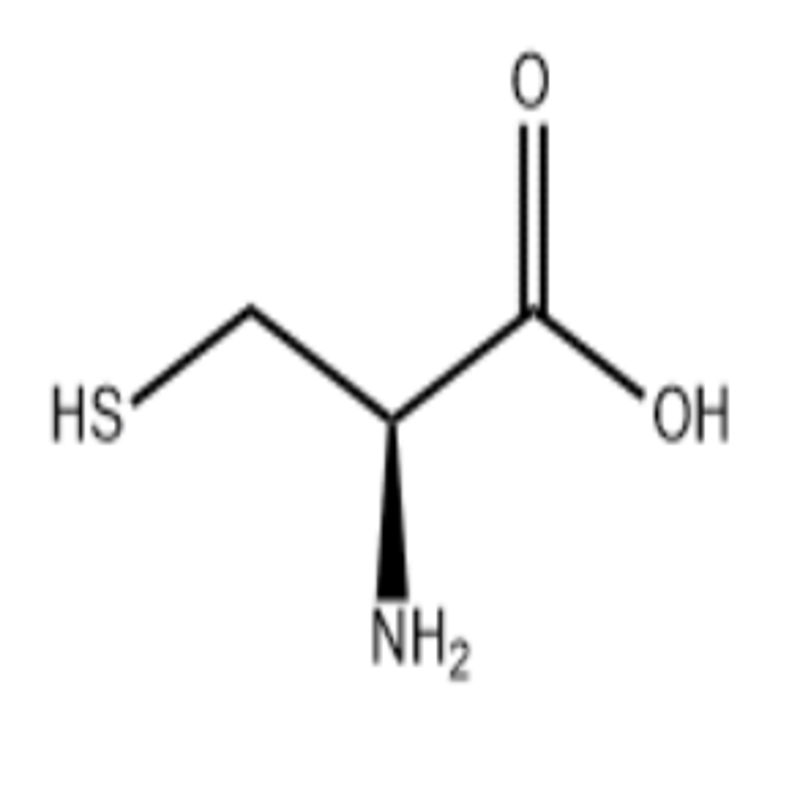"Sports Drinks" and "Energy Drinks": The two must be distinguished
-
Last Update: 2021-02-19
-
Source: Internet
-
Author: User
Search more information of high quality chemicals, good prices and reliable suppliers, visit
www.echemi.com
European Association of Expert Sports Nutrition (
). ESSNA says it's important to distinguish between sports drinks that improve athlete performance and highly caffeinated energy drinks.the House of Commons Science and Technology Committee recently heard
oral evidence on the impact of energy drinks on children's and adolescents' health - which appeared to confuse the differences between sports drinks and energy drinks.
ESSNA, the European representative trade association for thesports nutrition industry, says it wants to correct the common misconceptions surrounding the issue - in general, energy drinks are highly caffeinated, not designed or sold for athletes, while sports drinks are designed and marketed to athletes that are often caffeinated or contain more moderate levels of complementary beverages.highly caffeinated energy drinks are associated with a range of potential health problems in children and adolescents
- including factors associated with high levels of alcohol consumption - that have caused concern among some governments and sports groups. In 2015, for example, Danish officials warned that energy drinks were not suitable for children, and Acton Sugar's 2016 report called for a ban on the sale of energy drinks to people under the age of 16.energy drinks contain more caffeine than a cup of coffee, and many people worry that high consumption of these drinks by young people could lead to serious health problems.fact, public health minister
Adam Carey, who recently spoke to the Uk Council on Science and Technology on the issue, said some children drink more caffeine than coffee. British ministers used the meeting to call for a ban on caffeinated high-energy drinks among children, according to multiple media reports.important difference: Caffeine is the key"First of all, it's important to remember that most sports drinks (by sales) are decaffeinated. Dr Adam Carey, chairman of ESSNA, commented that supplemental drinks containing 200mg or less of caffeine were considered safe by the European Food Safety Authority (EFSA).Carey noted that there is growing evidence that caffeine may also be beneficial in other areas, reiterating that caffeine levels in sports drinks benefit from evidence of beneficial and safe data., sports drinks typically have a certain level of carbohydrate content, lower than many energy drinks or other soft drinks, and the EFSA has recognized their benefits in the context of physical activity," he added.significant difference according to
ESSNA, unlike energy drinks, sports nutrition products containing caffeine and carbohydrates are designed and used by consumers to increase physical nutrition and physiological needs."They are designed to be used specifically before, during and/or after exercise, often as an alternative to electrolytes and constant nutrients," Carey said. "They certainly won't replace sleep or a healthy lifestyle, which is a major concern for energy drinks; Consumers use "energy" effects when they feel they need them. "" is essential to make a clear distinction between the two; Sports drinks are completely different from caffeinated energy drinks in terms of composition, use and marketing, and it's time for us to stop using these two terms. TheESSNA added that in the marketing of sports drinks, it is aimed at people engaged in sports "and definitely not at adolescents and children."" in explaining the appropriate conditions for product consumption, the marketing of sports drinks is clear. ”
This article is an English version of an article which is originally in the Chinese language on echemi.com and is provided for information purposes only.
This website makes no representation or warranty of any kind, either expressed or implied, as to the accuracy, completeness ownership or reliability of
the article or any translations thereof. If you have any concerns or complaints relating to the article, please send an email, providing a detailed
description of the concern or complaint, to
service@echemi.com. A staff member will contact you within 5 working days. Once verified, infringing content
will be removed immediately.







